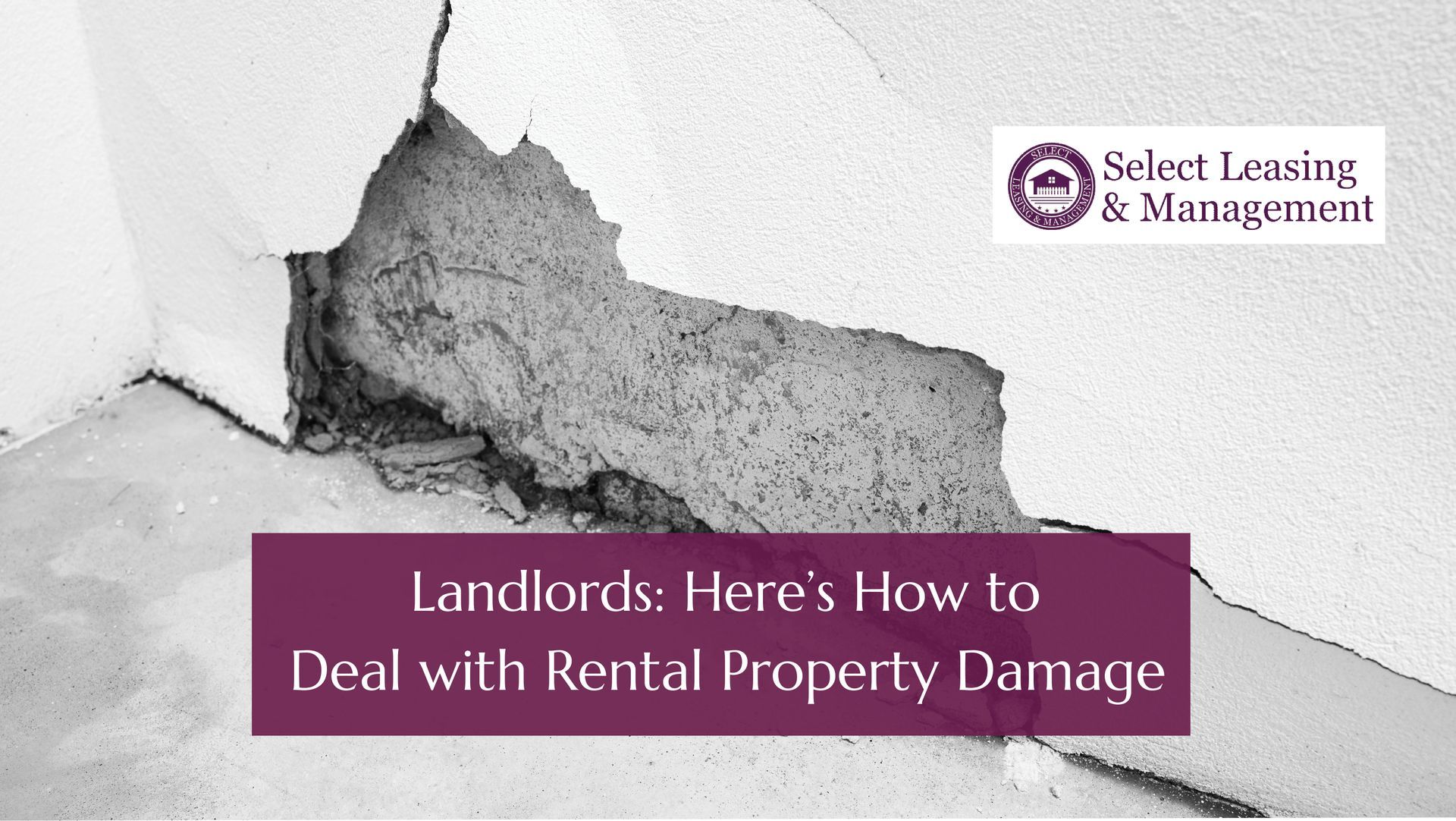How to Find Good Tenants for Your Rental Property

Spring and summer tend to be busy seasons for signing new tenants, so winter is a great time to start attracting qualified applicants. While it is not always easy to find good tenants for a rental property, there are several ways to increase the odds of drawing in honest, respectful candidates. Remember, taking time to find good tenants now can prevent having to repeat this process in the near future.
What Should I Look for in Good Tenants?
It is difficult to determine whether someone will make a good tenant just by meeting them during a walk-through, so asking some basic questions can help landlords decide whether to move forward with the application process. Some initial things to inquire about include:
- Smoker status. If smoking is prohibited in the building, a smoker will not be a good fit.
- Number of pets (if any). A no-pet policy should be disclosed up front.
- Household size. According to Missouri’s landlord-tenant laws, landlords must limit occupancy to two persons per bedroom except for children born during the lease period.
Once a potential tenant seems like a good match, the next step is to have them fill out an application with more detailed information such as:
- Employment status and income. In general, a tenant should earn at least three times the monthly rent amount.
- Prior criminal record. This will show up on a background report, but an honest tenant will list past convictions on the application.
- Contact information for past landlords. Good tenants should be happy to list previous landlords if there’s nothing to hide in their rental history.
When the
screening process is complete, it should be easy to identify a desirable tenant who has:
- A positive credit report
- No prior history of eviction
- Positive reviews from previous landlords
- Enough income and savings to pay the first month’s rent and any required deposits
What is the Best Way to Attract Good Tenants?
Just as landlords must take time to find the best tenants for their rental property, potential tenants must take their time searching for the best place to call home. Here are a few ways to draw their interest.
Advertise a Vacancy
To fill an open unit quickly, it’s important to get the word out as soon as possible. Some of the best ways to advertise an opening include:
- Talking to current tenants. Renters who pay bills on time and take care of their apartment year after year might know someone who will do the same.
- Posting a professional sign. While a cardboard “For Rent” sign from the local hardware store is fine for some tenants who happen to drive by, seeing a custom-printed sign can bring peace of mind to those who want to live in a professionally managed rental.
- Listing it on a real estate site. Zillow and Trulia are popular sites where renters look to find apartments up for rent.
- Sharing the vacancy online. According to Pew research, more than 80% of Americans use social media. Posting a link to the rental on Facebook could help draw interest from potential tenants.

Price Rent Fairly
More and more Americans are turning to rentals for affordable housing. In fact, research by Federal Reserve Economic Data (FRED) shows that the vacancy rate for rental units in the U.S. fell from about 10% in 2010 to 5.6% at the end of 2021. But while there are plenty of people who want to rent, landlords need to be conscientious about how much tenants can afford. Setting a price too high could result in early evictions if they end up not being able to pay the rent while setting a price too low could mean not being able to cover maintenance costs.
To lure good tenants and make owning a rental property profitable, the rental price should meet the fair market standard for the location and amenities of a property. The best way to determine a good local rent price is to compare it to other similar units in the area. It is a good idea to check Zillow or a local newspaper for current rental prices or to ask a local real estate agent for a list of nearby available units.
When pricing a rental property, it is important to consider:
- Square footage. A larger unit should be able to draw more rent than a smaller one down the street.
- Location. Is the unit in a convenient, walkable location? Does it have water views? These are desirable reasons a tenant would be willing to pay a little more. If it is next to a busy, noisy highway, they may be expecting to pay less.
- Number of bedrooms and bathrooms. A two-bed, two-bath condo or apartment is certainly worth a higher rental price than a studio above a convenience store.
- Amenities. A nice patio, garden area, or pool are all perks that can justify higher rent than a property with no outdoor space.
Keep Your Property in Desirable Condition
Tenants who do not keep their homes clean or take care of their belongings might be drawn to—or at least not bothered by—a rental where it seems like that is the norm. Likewise, tenants who respect their property want to live in a well-maintained property where it seems that neighbors do the same. By staying on top of the following issues, landlords can convince good tenants to stick around long enough to fill out an application.
- Landscaping. Keeping grass mowed, shrubs trimmed, and leaves raked are all low-cost tasks that can boost curb appeal.
- Exterior maintenance. Broken screens and loose railings take time to fix, but they add a lot of value for applicants who will want to feel safe living there.
- Interior maintenance. Fresh paint, clean carpet, and working appliances are all sure ways to make a good first impression.
Set Expectations Up Front
Finding good tenants is only half the battle. To ensure that a unit stays occupied by respectful renters, landlords should have a clear and concise lease that lays out the rules. This way, there is never a question as to what will or will not be tolerated. When rules are enforced consistently, bad tenants can easily be weeded out, and good tenants can stick around for the long haul.
Share this post










